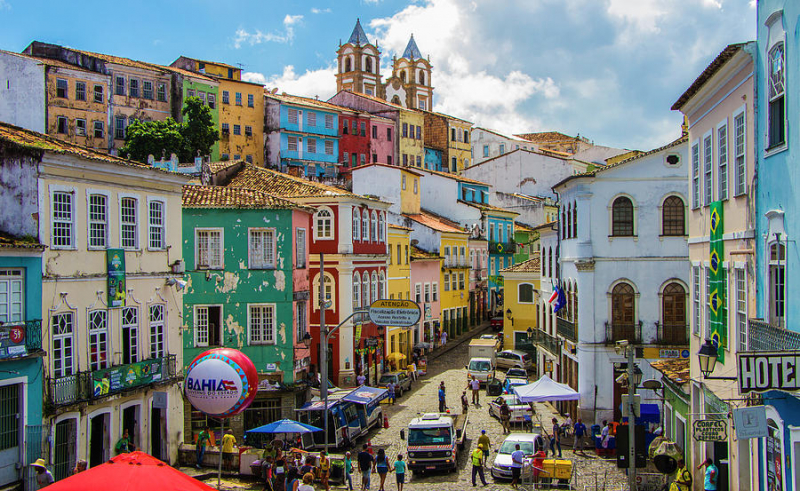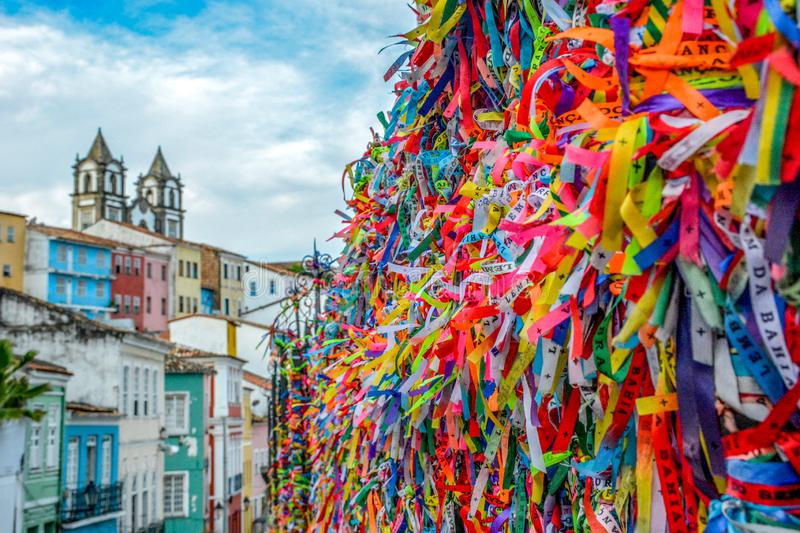Salvador
Salvador is one of the most beautiful historical sites in Brazil and the capital of the state of Bahia. Salvador, located in the Zona da Mata in Brazil's Northeast, is known across the country and worldwide for its cuisine, music, and architecture. Because of the African influence on many parts of the city's culture, it is known as a center of Afro-Brazilian (negro) culture. As the first capital of Colonial Brazil, the city is one of the oldest in the Americas and one of the first planned cities in the world, having been established during the Renaissance period. It was founded in 1549 by Tomé de Sousa in response to the Portuguese Empire's construction of the General Government of Brazil. Because it is one of Brazil's oldest towns, there will be plenty of historical things to see, such as Pelourinho and the Model Market.
The Historic Center of Salvador, iconized on the outskirts of Pelourinho, is known for its Portuguese colonial architecture, with historical monuments dating from the 17th century to the beginning of the 20th century, and was declared a World Heritage Site by UNESCO in 1985. There are cobblestone alleys opening onto large squares, colorful buildings, and baroque churches such as São Francisco, featuring gilt woodwork. The stage of one of the biggest Carnivals in the world (the biggest street party in the world, according to the Guinness World Records), the integration of the municipality to the UNESCO's Creative Cities Network as the "City of Music", a unique title in the country, added to the international recognition of Salvador's music.
Location: the Zona da Mata in the Northeast Region of Brazil










